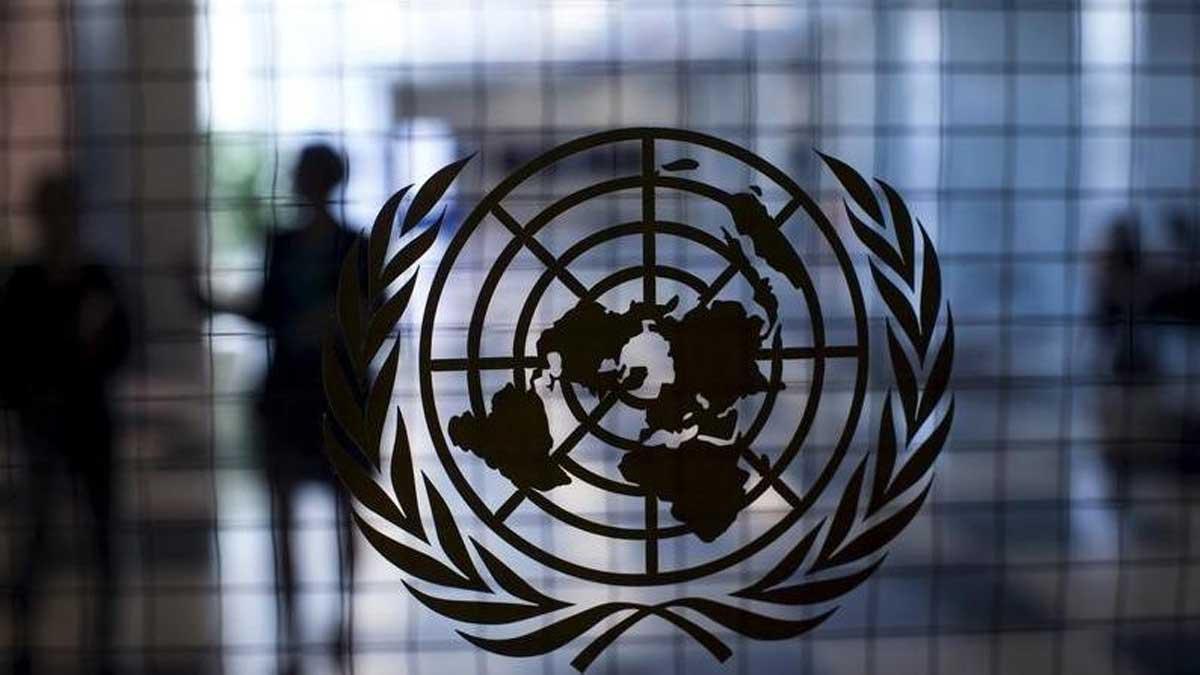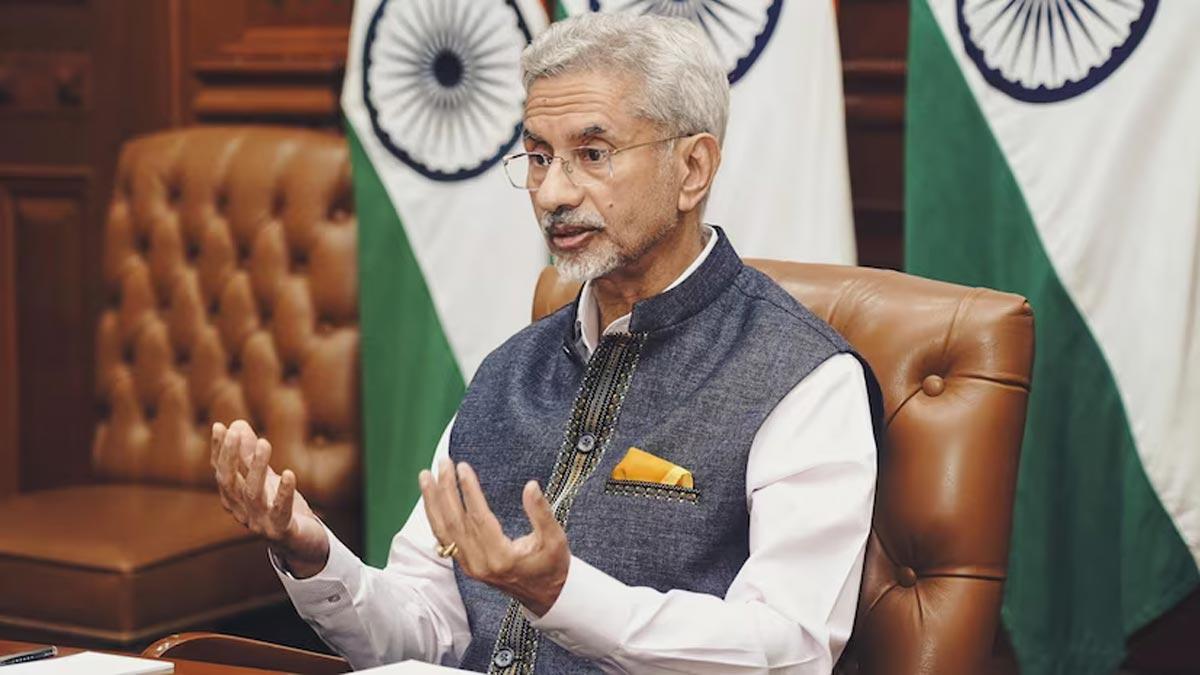The United Nations World Economic Situation and Prospects (WESP) 2024 report paints a sobering picture of the global economic outlook. Projections indicate a slowdown in global economic growth from an estimated 2.7 per cent in 2023 to 2.4 per cent in 2024, falling below the pre-pandemic growth rate of 3 per cent.
While the global economic performance exceeded expectations in 2023, several challenges loom on the horizon. Persistently high interest rates, escalating conflicts, sluggish international trade, and escalating climate disasters pose significant hurdles to global growth.
The report highlights the need for substantial investments to revitalize growth, combat climate change, and advance progress towards the Sustainable Development Goals (SDGs). UN Secretary-General Antonio Guterres emphasizes the urgency of unlocking substantial investments in sustainable development and climate action to propel the global economy toward a more robust growth trajectory.
The forecast for several major developed economies, including the US, suggests a deceleration in 2024 due to factors like high interest rates, weakened consumer spending, and labor market challenges. Additionally, developing countries in East Asia, Western Asia, Latin America, and the Caribbean face deteriorating growth prospects due to tightened financial conditions, reduced fiscal capacity, and sluggish external demand.
Vulnerable economies, especially low-income countries and small island developing states, grapple with increasing balance-of-payments pressures, debt sustainability risks, and climate-related vulnerabilities that jeopardize their progress towards the SDGs.
While global inflation is expected to decrease from 5.7 per cent in 2023 to 3.9 per cent in 2024, many countries still grapple with elevated price pressures, especially amid geopolitical conflicts that could lead to renewed inflationary trends.
The report underscores the challenges posed by persistently high inflation, particularly its impact on poverty eradication efforts, exacerbating the economic setbacks caused by the COVID-19 recovery.
Moreover, uneven recovery in global labor markets remains a concern. While developed economies show labor market resilience, many developing nations in Western Asia and Africa struggle to restore key employment indicators to pre-pandemic levels. The gender employment gap persists, and in some cases, gender pay gaps have widened.
Given these challenges, governments are urged to avoid counterproductive fiscal consolidations and expand fiscal support to stimulate growth. Central banks face complex trade-offs in balancing inflation, growth, and financial stability objectives. Developing country central banks, in particular, must employ various policy tools to mitigate the adverse effects of monetary tightening in developed economies.
The report emphasizes the imperative need for strengthened global cooperation, reform in development finance, and increased climate financing to support vulnerable countries and foster sustainable and inclusive growth on a global scale.
(With Agency Inputs)
ALSO READ | Anticipated Gold Price Surge: Expected Move Towards a New High of Rs 70,000


















